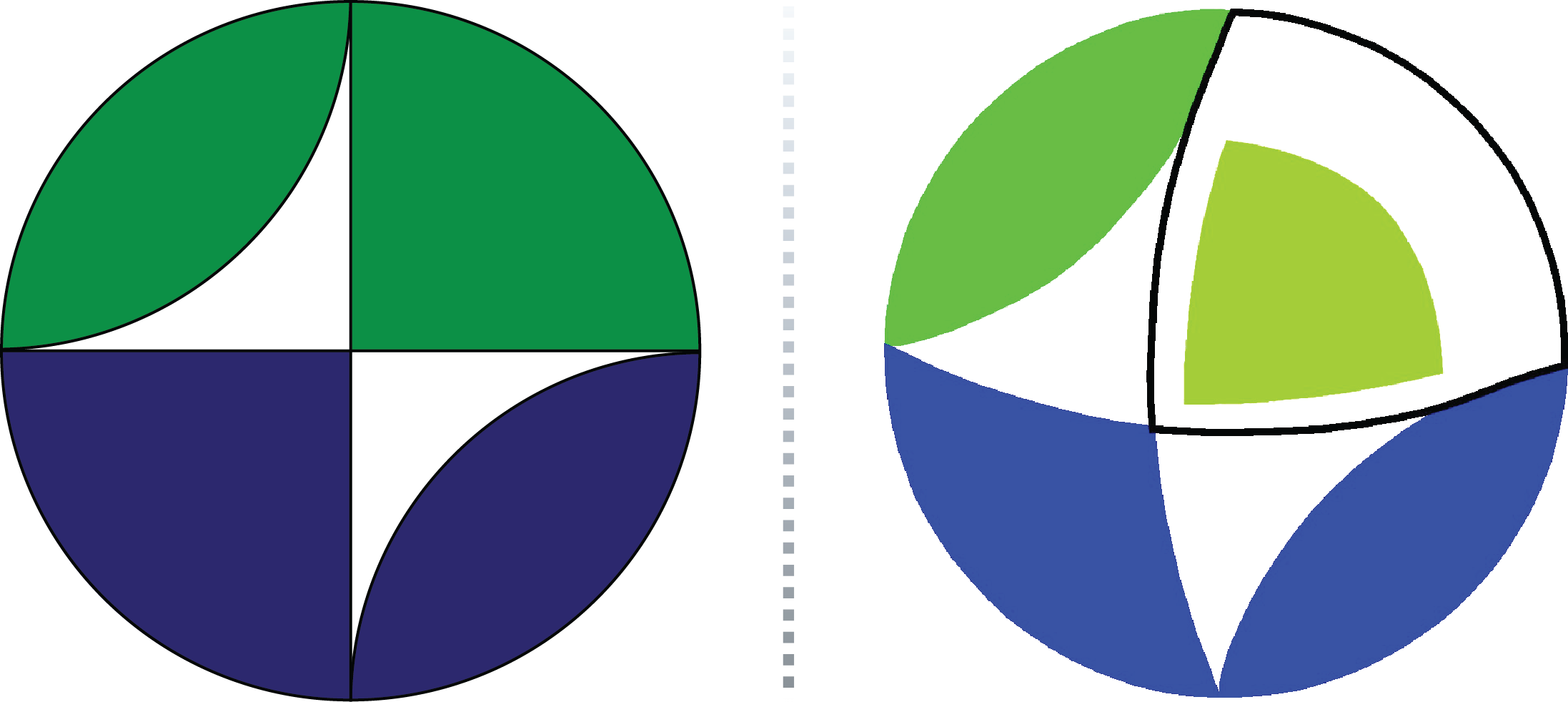Short Report International Training Course on "Seismology, Hazard Assessment and Risk Mitigation"
Potsdam, Germany
21 July to 24 August 2002
In the framework of UNESCO-sponsored post-gradual training courses in the Earth Sciences the GeoForschungsZentrum Potsdam (GFZ) organized another international training course on the topic "Seismology, Seismic Data Analysis, Hazard Assessment and Risk Mitigation". Since the inception of these annual courses in 1980 547 participants from 86 earthquake-prone countries attended these courses. This year's course was held in Potsdam/Berlin, Germany, between 21 July and 24 August 2002. Every second year these courses are held, since 1992, in countries of developing regions, so in 1993 in India, 1995 in Nicaragua, 1997 in Kenya, 1999 in China and 2001 in Chile. The course 2003 is scheduled to be held in September/early October in Pretoria, South Africa, for the benefit of participants from Africa Division of Earth Science of UNESCO, and of the German UNESCO Commission. The course was attended by 30 participants from 28 countries (Albania, Armenia, Bangladesh, China, Colombia, Ecuador, Egypt, Georgia, India (2), Indonesia, Iran (2), Jamaica, Jordan, Malaysia, Mexico, Mongolia, Pakistan, Papua New Guinea, Philippines, Romania, South Africa, Syria, Tadshikistan, Turkey, Uzbekistan and Venezuela), amongst them 11 lady participants. Their travel and stay in Germany was made possible by funds allocated to the course by the GFZ, the German Federal Foreign Office, the United Nations Office for the Co-ordination of Humanitarian Affairs (OCHA) and by UNESCO.
The training course comprises lectures in the causes of earthquakes, seismic monitoring and data analysis aimed at improved seismic hazard assessment. The introductory lectures are followed by extensive manual and computer-assisted exercises and complemented by workshop discussions, at which participants report about their own work, and field excursions. The last course week had been reserved for specialized training according to the choice of participants. While 14 participants continued the course in Potsdam with lectures, exercises and demonstration related to strong-motion effects of earthquakes, microzonation, vulnerability and risk assessment 16 participants went to the Central Seismological Observatory in Erlangen (SZGRF) for training focussed on data acquisition with and comprehensive data analysis at single stations, station networks and arrays. The lectures and exercises in the course were given by 25 lecturers from 5 nations: GFZ Potsdam (13), Federal Agency for Geosciences and Natural Resources/SZGRF (2), the Universities of Karlsruhe (2), Stuttgart, Leipzig, Bergen (Norwey), Grenoble (France), the British Geological Survey (UK), GeoHazard International (USA), and Kinemetrics (Switzerland/Slovenia).
All participants received besides their Certificate of course attendance several international textbook on seismology and seismotectonics, software for instrument calibration, seismogram analysis and event location as well as the IASPEI New Manual of Seismological Observatory Practice (NMSOP, two volumes, 1300 pages) which had been prepared by an international Working Group under the leadership of the course chairman. This material was complemented by the lecture notes on seismic hazard assessment and investigation of site effects/microzonation. In the final course evaluation, based on a UNESCO questionnaire, all but one (only partially) participants expressed that their participation in the course will be very helpful for their future work. All participants expressed the hope that these courses will continue in the future.
Prof. Dr. Peter Bormann
Course Chairman
Potsdam, 20. December 2002
